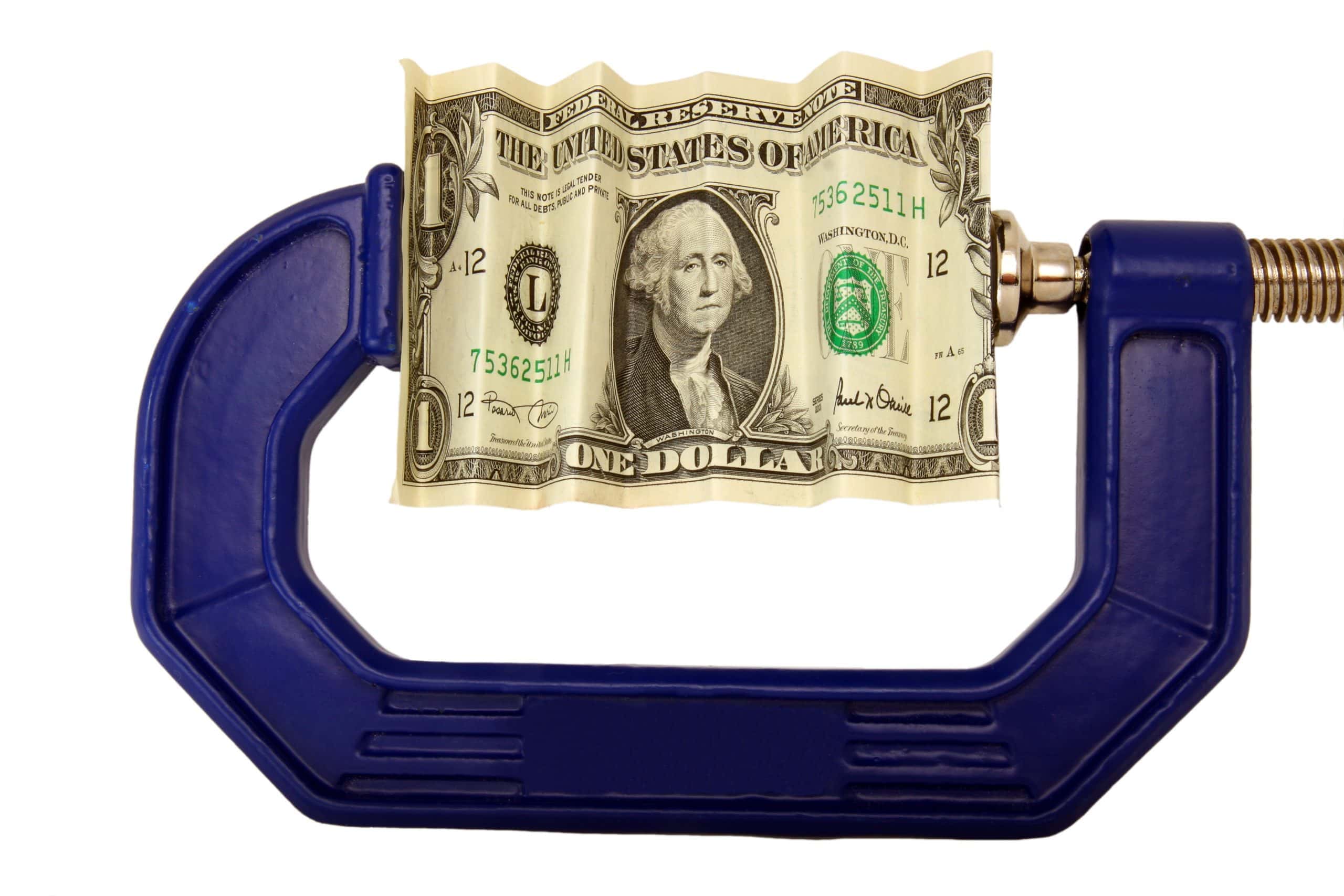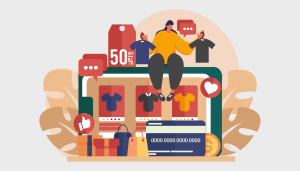
Share
Rising Digital Advertising Prices Push More Brands into Affiliate Marketing
By Alex Cramer
You don’t have to watch CNN or read the Wall Street Journal to know that prices are shooting up everywhere. Whether you’re shopping for a new car or just buying milk at the grocery store, it’s easy to see that your dollar isn’t going as far as it used to.
And that same price inflation that’s taken a big bite out of your household budget has also hit digital advertising rates hard. Across the board, all major online ad sellers, including Google, Meta and TikTok have been charging higher prices to advertise on their platforms over the last year.
According to data from Business Insider, the cost per thousand (CPM) on Meta has increased by 61% YoY, while TikTok’s CPM has gone up by a staggering 185% YoY.
And even with our current economic headwinds, it’s not likely that we’ll see a break in those prices anytime soon. A recent report from Morgan Stanley projects that the global e-commerce market will expand by trillions in the coming years, and that means that more brands than ever will be fighting for placement and ad inventory on top platforms and publishers as they try to tap into this digital gold mine.
If you’re a major Fortune 500 brand with an eight-figure advertising budget, you’ll probably just eat those costs and move forward. Coke and Amazon aren’t sweating these numbers.
But what are smaller digital brands supposed to do as they watch their marketing budgets get stretched to the breaking point even as ad rates continue to go up?
According to multiple reports, they’re turning to affiliate marketing.
Affiliate marketing software company Partnerize, recently released data showing that in April, apparel brands, one of the top verticals in e-commerce, had increased their spending on affiliate marketing by over 22% from the previous year, and that average order volume had spiked up by almost 20% over the same time period.
Maura Smith, the CMO of Partnerize, says that the reason for the growth in affiliate is simple. “It’s pay for performance. The model is inherently efficient. The return on ad spend is generally around 12-to-1 for affiliate marketing. And because it’s so efficient, it can help offset the costs of other channels that are more expensive.”
Additionally, a report by market research firm Gartner shows that fully 65% of CMOs plan to increase their spending on affiliate marketing in 2022, with marketing budgets climbing to 9.5% of company revenue, up from 6.5% in 2021.
Marketing and customer acquisition costs (CAC) are as unavoidable as they are draining to your budget which means that startups and companies in the early stages of their growth need to be as efficient as possible when it comes to managing those costs and increasingly they’re learning that affiliate marketing is the most effective way to do that.
According to Shopify, the average CAC for a small e-commerce brand is $58.64. However, because affiliate marketing works on a pure performance model, a well-run program can substantially reduce these costs and limit your exposure to ineffective advertising spending.
The ability to quickly adapt, negotiate commission structures and not be locked into long-term contracts with ineffective partners empowers brands of every size to maximize the value of their marketing budget.
So if you’re a brand that’s caught between rising marketing costs on one side, and a shaky economic outlook on the other, an affiliate marketing campaign means that you don’t have to engage in unwinnable bidding wars with companies that have massive marketing budgets.
We’ve all read the latest dire financial news and watched the stock market bounce up and down like a yoyo, and while no one can truly say what the future holds, its safe to say that the last thing you want to do during a time of economic peril is to overextend your marketing budget at the same time that consumer demand might be about to take a dip.
That’s why affiliate marketing works. The ability to control your costs, as well as your data, and lower your customer acquisition cost should put any brand into a strong financial position, no matter what the future holds.
So if you’re tired of paying more to get less, then consider if an affiliate marketing program is right for your brand.




